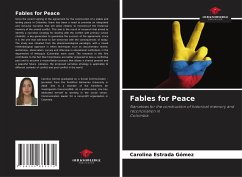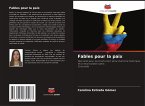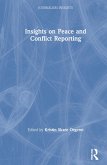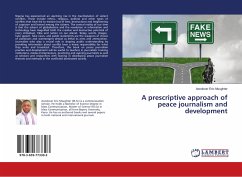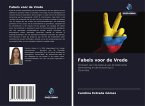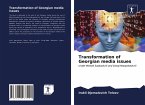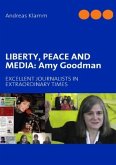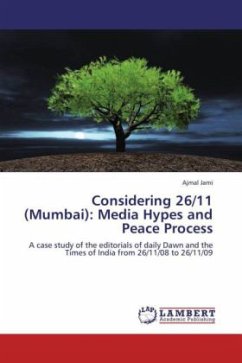Since the recent signing of the agreement for the construction of a stable and lasting peace in Colombia, there has been a need to promote an integrated and inclusive narrative that will allow citizens to reconstruct the historical memory of the armed conflict. This text is the result of research that aimed to identify a narrative strategy for dealing with the conflict with primary school students, a key generation to guarantee the success of the agreement, since it is the one that will have to live tomorrow with the consequences of today. The study was situated from the phenomenological paradigm, with a mixed methodological approach in which techniques such as documentary review, workshops, observation, survey and interview in educational institutions in the department of Antioquia (Colombia) were used. The research in this line contributes to the fact that Colombians are better prepared to face a conflictive past and to assume a reconciliation process that allows a shared present and a peaceful future. Likewise, the proposed narrative strategy is applicable to different contexts of conflict and post-conflict in the world.
Bitte wählen Sie Ihr Anliegen aus.
Rechnungen
Retourenschein anfordern
Bestellstatus
Storno

